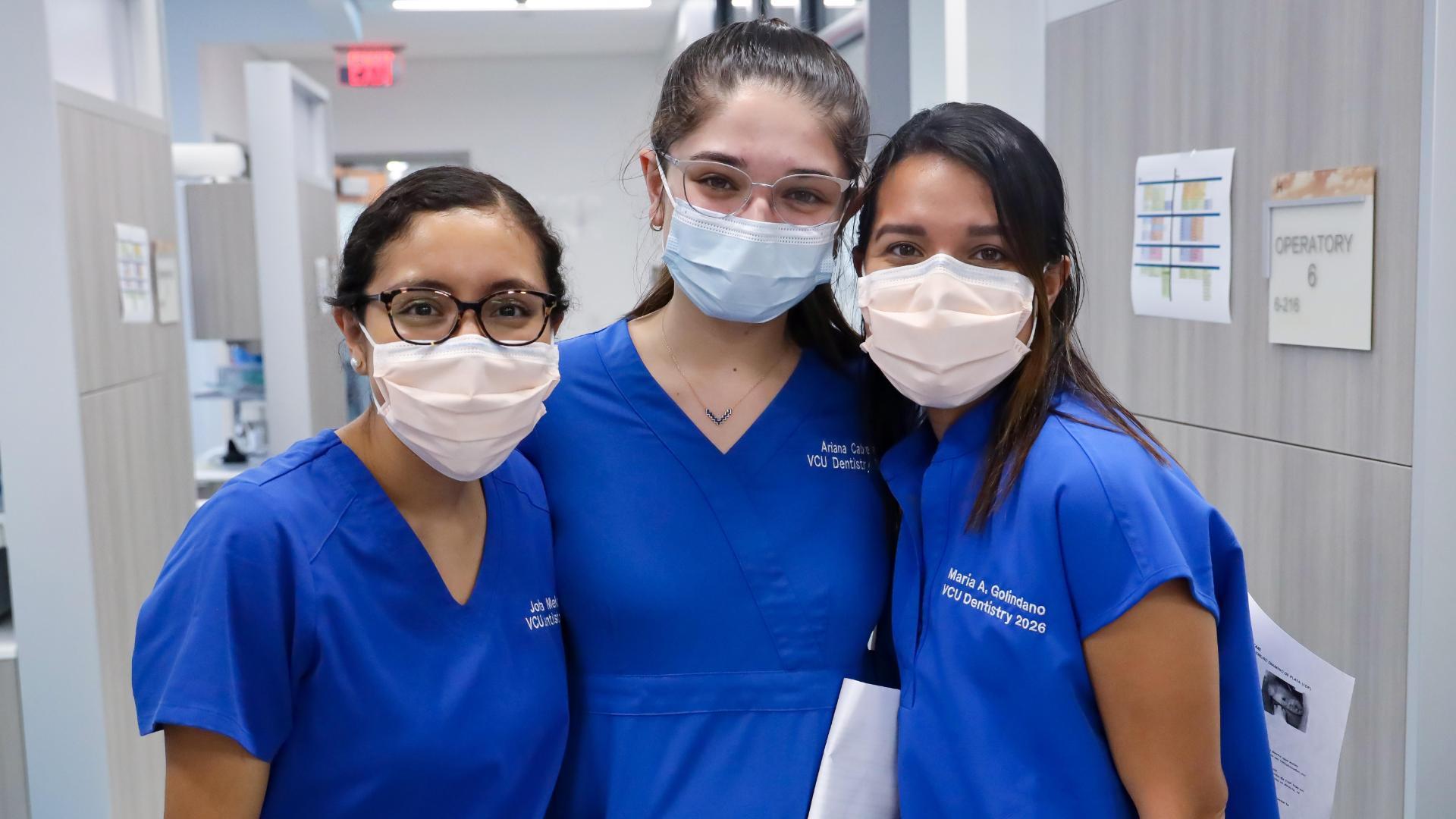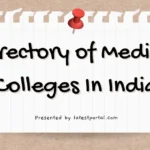A well-crafted university application is crucial for showcasing your strengths and aspirations. It can set you apart from other candidates.
Applying to a university is a significant milestone in one’s educational journey. Admission committees receive thousands of applications, making it essential to stand out. A compelling application highlights your achievements, skills, and future goals. It demonstrates your readiness for academic challenges and your potential to contribute to the campus community.
Every element, from personal statements to recommendation letters, plays a vital role in painting a complete picture of you. Crafting a thoughtful and precise application not only increases your chances of acceptance but also reflects your commitment and enthusiasm. Investing time and effort into this process is key to securing a place at your desired university.
Academic Performance
Academic performance is a key factor in university applications. Admissions teams seek students with strong academic records. They use grades and course rigor to evaluate applicants.
Grades And GPA
Grades show your understanding of subjects. A high GPA reflects consistent performance. Universities prefer students with high GPAs.
Here is a table showing the importance of GPA:
| GPA Range | Admission Likelihood |
|---|---|
| 3.5 – 4.0 | Very High |
| 3.0 – 3.49 | High |
| 2.5 – 2.99 | Moderate |
| 2.0 – 2.49 | Low |
| Below 2.0 | Very Low |
Course Rigor
Course rigor refers to the difficulty of your classes. Taking challenging courses shows your willingness to learn. Universities value students who push their limits. Consider these types of courses:
- Advanced Placement (AP) classes.
- Honors classes.
- International Baccalaureate (IB) programs.
These courses prepare you for college-level work. They also demonstrate your dedication to academics.

Credit: www.youtube.com
Extracurricular Activities
Extracurricular activities play a crucial role in the university application process. They help showcase your talents, interests, and leadership skills. Universities look beyond grades and test scores. They want well-rounded individuals who contribute to campus life. Below, we delve into different types of extracurricular activities and their importance.
Sports And Clubs
Sports and clubs demonstrate your ability to work in a team and lead. Participating in sports shows commitment and discipline. It also highlights physical fitness and teamwork. Joining clubs reveals your interests and passions. Whether it’s a science club or a debate team, it shows you are engaged and proactive.
| Activity | Skills Developed |
|---|---|
| Sports | Teamwork, Discipline, Physical Fitness |
| Clubs | Leadership, Passion, Engagement |
Volunteer Work
Volunteer work is another valuable extracurricular activity. It reflects your commitment to helping others and making a difference. Volunteering teaches empathy, responsibility, and time management. Universities value applicants who give back to their communities.
- Empathy
- Responsibility
- Time Management
Whether you help at a local shelter or tutor younger students, volunteer work enriches your application. It shows you care about more than just academics.
Personal Statement
The personal statement is a vital part of the university application process. It offers a chance to showcase your unique journey. It helps the admission committee understand who you are beyond grades and test scores.
Crafting Your Story
Your personal statement should tell your unique story. Think about your experiences, challenges, and growth. Reflect on what makes you unique and interesting. This helps the committee see your personality and character.
Start with a strong opening to grab attention. Use vivid descriptions to paint a picture. Be honest and authentic. Avoid clichés and generic statements.
| Do’s | Don’ts |
|---|---|
| Be honest | Exaggerate achievements |
| Show personality | Use clichés |
| Use vivid descriptions | Be vague |
Highlighting Achievements
While your story is important, your achievements matter too. Highlighting achievements gives credibility to your application. Focus on academic, extracurricular, and personal accomplishments. Show how these achievements shaped you.
- Academic awards and honors
- Leadership roles
- Volunteer work
- Skills and talents
Use specific examples to illustrate your points. This makes your achievements more tangible. Show how these experiences prepared you for university life.
- Describe the achievement
- Explain its significance
- Connect it to your university goals
A well-crafted personal statement can make you stand out. It showcases your unique story and achievements. This is why it is so important in the university application process.

Credit: www.yumpu.com
Letters Of Recommendation
Letters of recommendation offer crucial insights into your character and abilities. They provide a third-party perspective that can significantly influence the admissions decision. These letters, often written by teachers, mentors, or employers, highlight your strengths and accomplishments. The right letter can set your application apart, showcasing qualities not evident in your grades or test scores.
Choosing The Right Recommenders
Selecting the right recommenders is essential. Choose individuals who know you well and can speak about your skills and character. Ideally, these should be people who have seen your growth over time. They should be able to provide specific examples of your achievements.
Teachers are often the best choice. They can discuss your academic strengths and classroom contributions. Mentors or supervisors can offer insights into your work ethic and leadership skills. Avoid choosing family members or friends, as their letters may lack the necessary objectivity.
| Recommender | Ideal Qualities |
|---|---|
| Teacher | Academic insight, classroom behavior, specific achievements |
| Mentor | Leadership skills, work ethic, personal growth |
| Supervisor | Professional skills, reliability, specific contributions |
Content And Impact
The content of a letter of recommendation is vital. It should provide a detailed and positive account of your attributes. Specific examples make the letter more impactful. For instance, mentioning a project you led or an achievement you earned adds weight. Strong letters often cover:
- Academic performance and potential.
- Leadership abilities.
- Teamwork and collaboration skills.
- Personal qualities like integrity and resilience.
These aspects help admissions committees understand who you are beyond your grades. The right letter can paint a vivid picture, making your application memorable.
Standardized Tests
Standardized tests play a crucial role in the university application process. They provide a common measure for comparing applicants from different schools and backgrounds. These tests assess students’ readiness for college-level work and help universities make informed decisions.
Sat/act Scores
The SAT and ACT are the most popular standardized tests. Both tests evaluate students’ knowledge and skills in key academic areas. High scores can enhance your university application.
| Test | Sections | Score Range |
|---|---|---|
| SAT | Math, Evidence-Based Reading and Writing | 400-1600 |
| ACT | English, Math, Reading, Science | 1-36 |
Test Preparation
Proper test preparation is essential for achieving good scores. Here are some effective strategies:
- Take practice tests regularly.
- Review your mistakes and learn from them.
- Join a test prep course for structured learning.
- Use online resources and study guides.
- Maintain a consistent study schedule.
Starting early can make a big difference. Consistent practice and review will help you perform your best on test day.
Remember, strong standardized test scores can open many doors. They can significantly boost your university application and increase your chances of admission.
Interviews
The interview stage is crucial in the university application process. It offers a unique chance to showcase your personality, aspirations, and fit for the university. Understanding what to expect can boost your confidence and performance.
Common Questions
Universities often have a set of common questions they ask during interviews. Preparing for these can help you feel more at ease.
- Why do you want to attend this university? – Show your research and genuine interest.
- What are your strengths and weaknesses? – Be honest and reflective.
- Can you discuss a challenging situation you faced? – Highlight your problem-solving skills.
- What are your career goals? – Connect your goals to the university’s offerings.
- What extracurricular activities are you involved in? – Demonstrate your well-rounded character.
Making A Good Impression
Creating a positive impression is vital during an interview. Here are some tips to help you stand out:
- Dress appropriately: Choose professional attire suitable for the interview setting.
- Be punctual: Arrive on time to show respect and reliability.
- Maintain eye contact: Show confidence and engagement.
- Listen actively: Pay attention to the questions and respond thoughtfully.
- Ask insightful questions: Prepare a few questions about the university to show your interest.
Remember, the interview is a two-way street. It’s an opportunity for both you and the university to determine if it’s the right fit.
Financial Aid
Financial aid plays a crucial role in the university application process. It helps students afford the cost of higher education. Without financial aid, many students may not have the opportunity to attend university. Various forms of financial aid exist, including scholarships, grants, and loans.
Scholarships
Scholarships are awards given based on merit or need. They do not need to be repaid. They can come from different sources like the university, private organizations, or government bodies. Scholarships can cover tuition, books, and living expenses. Here are some common types of scholarships:
- Merit-based scholarships: Awarded for academic, artistic, or athletic achievements.
- Need-based scholarships: Given based on financial need.
- Specific scholarships: For students with unique backgrounds or interests.
Grants And Loans
Grants are financial awards that do not need to be repaid. They are often based on financial need. The government and universities commonly provide grants to help students afford education.
Loans, unlike grants and scholarships, must be repaid. They are borrowed funds that help cover educational expenses. Loans come from the government or private lenders. It’s important to understand the terms before accepting a loan.
Here is a comparison of grants and loans:
| Type | Repayment | Source |
|---|---|---|
| Grants | No | Government, Universities |
| Loans | Yes | Government, Private Lenders |
Understanding financial aid options is essential. It helps students make informed decisions. Proper financial aid can make higher education accessible and affordable.
Campus Visits
Campus visits are a vital part of the university application process. These visits provide a firsthand look at the university environment. They help students make informed decisions about their future.
Tours And Information Sessions
During campus visits, students can join tours and information sessions. These tours offer a detailed view of the university facilities. Students see classrooms, libraries, and dormitories. They get a sense of the university’s layout and resources.
Information sessions are equally important. They provide insights into academic programs and admission requirements. Students can ask questions and receive answers directly from university representatives. This interaction helps clear any doubts and provides a better understanding of the university’s offerings.
| Activity | Benefits |
|---|---|
| Tours | See facilities, understand layout |
| Information Sessions | Learn about programs, ask questions |
Assessing Campus Culture
Assessing campus culture is another key aspect of campus visits. Students can observe the student life and social environment. They can see how students interact and spend their time. This helps in understanding if they will fit in well.
During the visit, students can also attend classes. This gives a real feel of the academic atmosphere. Talking to current students and faculty members provides deeper insights. These interactions help in gauging the overall vibe and culture of the campus.
- Observe student life
- Attend classes
- Talk to current students
Application Deadlines
Understanding application deadlines is essential for a successful university application. Meeting these deadlines can make or break your chance of admission. Let’s dive into the specifics.
Early Decision Vs. Regular Decision
Early Decision is a binding agreement. If accepted, you must attend the university. It shows your commitment and interest in the school. This can boost your chances of acceptance.
Regular Decision allows you more time to decide. You can apply to multiple schools. There is no binding commitment. You have until the deadline to submit your applications.
| Early Decision | Regular Decision |
|---|---|
| Binding Commitment | No Commitment |
| Higher Acceptance Rate | Standard Acceptance Rate |
| Earlier Notification | Later Notification |
Managing Timelines
Managing your application timelines is crucial. Create a schedule to track important dates. Use a planner or digital calendar. Here are some tips to help you:
- Mark all deadlines on your calendar.
- Break down tasks into smaller steps.
- Set reminders for each step.
- Start your application early.
- Ask for recommendations in advance.
- Complete and review your essays ahead of time.
Organize your documents and keep everything in one place. This will help you stay on track and avoid last-minute stress.

Credit: dentistry.vcu.edu
Frequently Asked Questions
What Is The Most Important Part Of An Application?
The most important part of an application is its user interface. A user-friendly interface enhances user experience and engagement.
What Is The Most Important Factor Influencing Your Admission Application?
The most important factor is your academic performance. Strong grades and test scores significantly influence your admission application.
What Is The Importance Of College Application Components?
College application components showcase your skills, achievements, and personality. They help admissions officers evaluate your fit for their institution. Strong components can improve your chances of acceptance.
What Makes You Unique And Stand Out In The College Application Process?
I excel in leadership roles and have a strong passion for community service. My unique perspective and diverse experiences set me apart.
Conclusion
The university application process holds significant importance. It shapes your academic and career trajectory. By understanding its value, you can better prepare and present yourself effectively. Take the time to refine your application and showcase your unique strengths. A well-prepared application increases your chances of acceptance and future success.
- What is the Difference between Common Application and University Application?
- How Much are University Tuition Fees in the UK: 2024 Cost Guide
- What to Do If Your University Application is Rejected: Complete Guidelines
- Why It is Important in the University Application Process: Key Insights
- Difference between State University And Private University: Key Insights
- When Does University Application Open for 2025: Key Dates Revealed
- Is It Better to Apply Early for University: Unveil the Advantages
- Can You Claim University Application Fees on Taxes Canada: Find Out Now
- How Will University Benefit from Having You on the Course? Discover!

















Good day! Do you know if they make any plugins to help with SEO?
I’m trying to get my site to rank for some targeted keywords but I’m
not seeing very good success. If you know of any please share.
Many thanks!